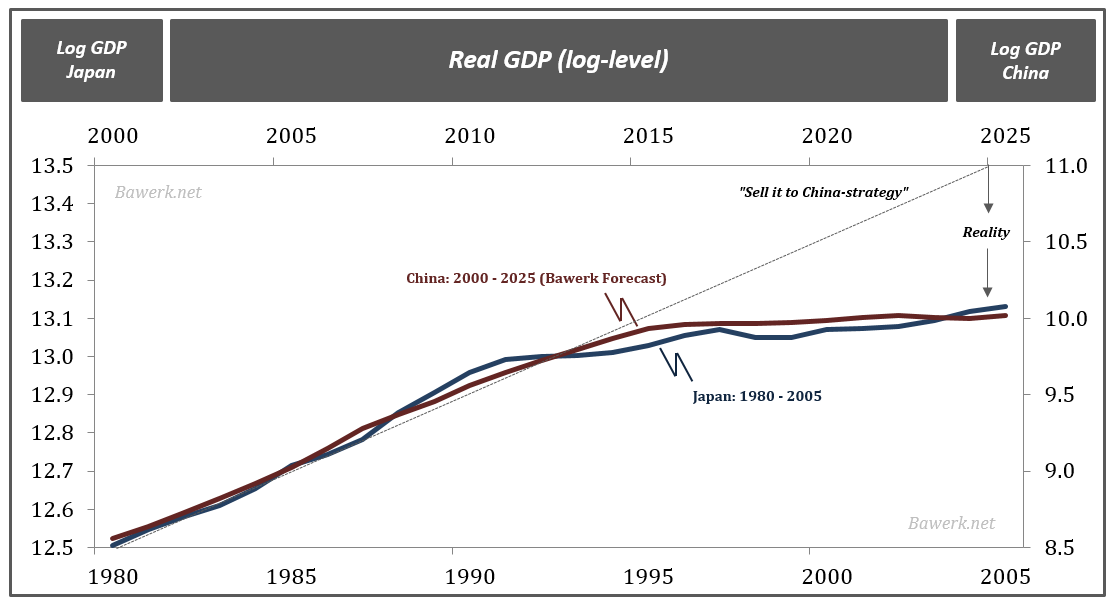Cobden Centre trustee and MP for Wycombe, Steve Baker, has begun writing for CentreRight.
In his first article, he describes the righteous indignation that Labour have shown in this parliament, and their “thoroughgoing lack of remorse about the state of the public finances”. It seems that many Labour MPs genuinely believe that they are “on the side of the angels”. Steve traces this attitude to two false premises:
The first is that the government has an inexhaustible horn of plenty which could be forever poured out, if only the Tories had the will. The second is that the crisis was an automatic feature of the global economy which the Labour government could not have avoided.
Through sound Austrian arguments, Steve explains why Labour’s premises are wrong:
There is no inexhaustible horn of plenty from which a benevolent government can dispense unlimited gifts. This crisis is not an automatic result of the operation of the free market, but a result of government intervention in a system of bank credit built on bad law.
The past boom was an illusion sustained by cheap money. Labour taxed this illusion and enjoyed a profligacy sustained by economic poison. Structures of activity were created which were only sustained by credit expansion yet credit expansion must come to an end if the currency is not to be destroyed.
The entire article is well worth reading.
In his second article, Steve considers why economists disagree, why they are so often wrong, and where economic thinking will go next. He observes that “Labour politicians are promoting Keynesian ideas with an unwarranted confidence”:
Even setting aside Labour’s gratuitous pantomime politics, I have found these days of budget debate frustrating. Arguments are being rehearsed and economists quoted without any regard to the nature of the social science that is economics or where various economists fit into the range of schools of economic thought.
…
Economics is not like the natural sciences because individual people think, choose and act in a system of changing cooperative relationships. We are not inanimate objects buffetted by events, but people. It should be obvious that any study of economics – ie social cooperation – will be informed by a wide range of thinking about the nature of people and society.Consequently, there are three prevailing theoretical frameworks in economics associated with three cities: Cambridge (Keynes), Chicago (Monetarist) and Vienna (Austrian). There are a few Marxists around too, with their cynical ideas polluting debate.
Nor are these distinctions of purely academic interest:
Contrary to their good intentions, many economists, politicians and commentators are still advocating Keynesian policies which are bound to manufacture unemployment and inflation.
In the general interest of millions, those people must lose the war of ideas.
Steve concludes on a hopeful note:
A new orthodoxy is emerging in economic thinking. It recognizes that people are social and that social cooperation is dynamic. It recognizes that past assumptions about rationality and perfect markets are flawed. Above all, it it is optimistic about people and their creative energy.
It can explain the cause of the global economic crisis.
Let’s move on.
It is incredibly exciting that Austrian ideas are finding their way into mainstream politics. We encourage all Cobden Centre readers to follow Steve’s articles on CentreRight. They are both insightful and accessible, with links to further reading. They can and must be read by a wide audience. In the general interest of millions, we must win the war of ideas.


